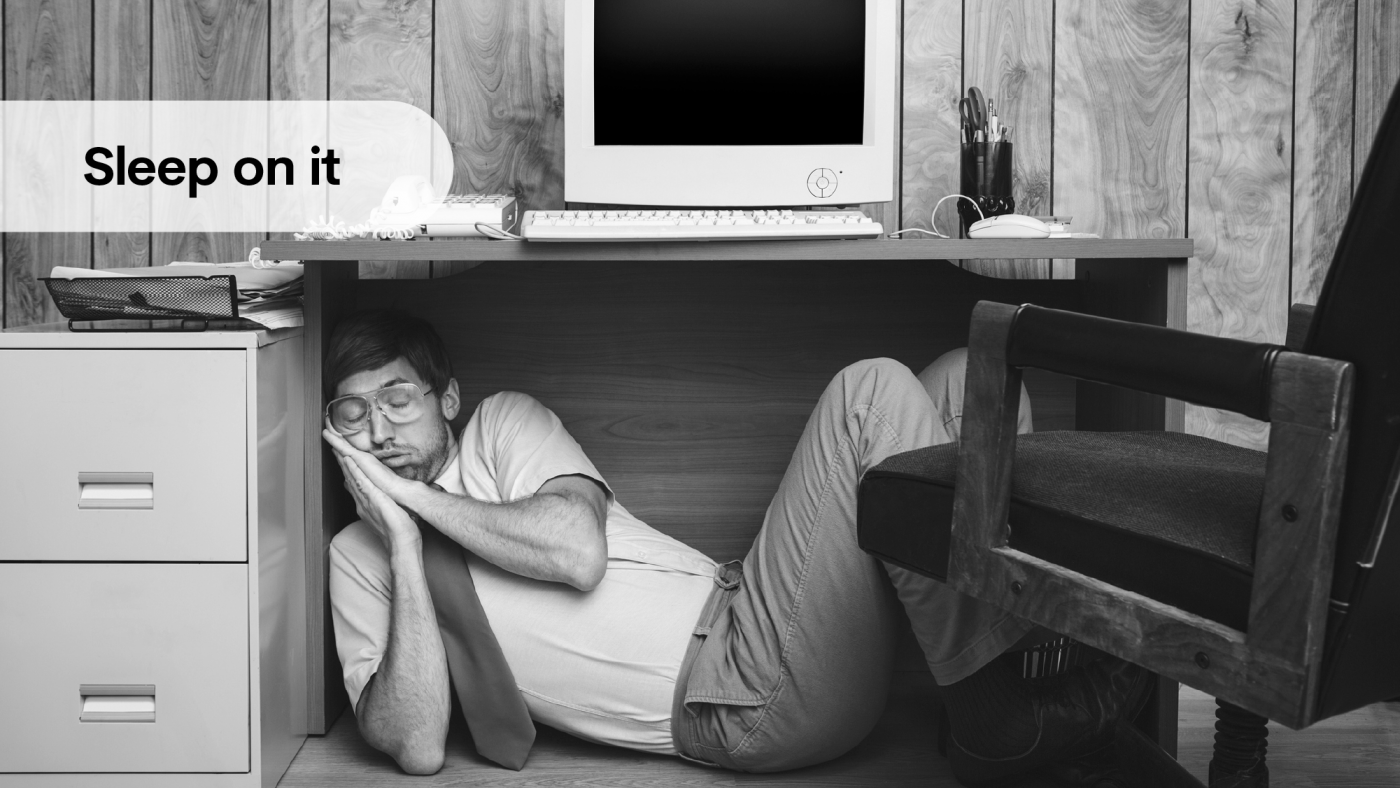Sleep is a hot topic, especially in the research community as new studies are shedding light on how people sleep and why they sleep poorly.
Nutrition Business Journal’s Condition-Specific Report 2023 flagged sleep-support product sales at $688 million in 2018, leaping to $1.26 billion in 2022. Sales of this category are expected to achieve robust growth, set to land on $1.4 billion in 2026.
Another way of viewing the sleep supplement market growth is through share of the supplement market. In 2018, it logged in at 1.6% and is expected to hold steady at 2.2% from 2022 through 2026.
A new consumer survey performed by OnePoll for Cornbread Hemp, found that American adults say they average 120 “good” nights’ sleep per year, and the remaining 113 nights are those with major toss-and-turn, chatty-brain sessions, preventing a sound 40 winks. Further stats from this study found that stress and its BFF anxiety keep people awake for three hours after lights out. And approximately 65% of people know that when this happens, their next day is going to be fraught with brain fog, irritability, slippery memory and a dull outlook.
Preventing twisted sleep is high on the priority list. Respondents said they use CBD (37%) and melatonin (29%) to speed up sleep onset.
This poll didn’t just focus on slumber – it queried respondents about what keeps them up at night, chiefly stress and anxiety. Stress, they found, has forced 43% of respondents to miss work, family meals (41%), and holiday gatherings (31%). Americans missed an average of nine events (birthday parties, etc.) in a year because of out-of-control stress and anxiety.
A handful of studies show just how pervasive poor sleep is, and how stress affects sleep.
Ditch the Junk Food
There is a vicious circle that tends to be quite common – stress and comfort (ie, junk) food eating.
In a new study, researchers have investigated how eating junk food affects sleep. The team instructed the 15 healthy participants to consume a healthy diet, and then consume a junk-food diet.
After each diet, the participants were examined in a sleep laboratory. Although the participants slept the same amount of time for both diets, the researchers observed that deep sleep exhibited less slow-wave activity when the participants had eaten junk food, compared with consumption of healthier food. Essentially, the unhealthy diet resulted in shallower deep sleep.
Stop Clock Watching
When sleep is slippery, we tend to torture ourselves by staring balefully at the clock, which just ticks on. Watching the minutes tick by while the brain keeps sounding the alarm that sleep is needed (an irony if there ever was one), sleep becomes the carrot on the stick.
Researchers in a new study assert that watching the clock (or, engaging in time-monitoring behavior (TMB) while trying to fall asleep exacerbates insomnia and increases the use of sleep aids.
In their study, 4,886 participants completed questionnaires about the severity of their insomnia, their use of sleep medication and the time they spent monitoring their own behavior while trying to fall asleep.
As such, researchers observed higher use of sleep aids. The participants completed the Insomnia Severity Index (ISI) and Time Monitoring Behavior-10 (TMB-10) and reported their frequency of sleep medication use.
According to the researchers, they found that the relationship between TMB and sleep medication use was significantly explained by ISI in that TMB (especially related frustration) appears to aggravate insomnia, which in turn leads to sleep aid use. Similarly, but to a lesser extent, the relationship between ISI and sleep medication use was explained by TMB, in that ISI may lead to increased TMB, which may in turn lead to sleep aid use.
Stress and Sleep Link Explained
Sure, we know that in stressful times, punctuated by serrated blades of anxiety, sleep is chased away; we’ve experienced that to varied degrees. New research sheds light on how stressors affect slumber, particularly the stage known as deep sleep.
In the part of the brain that regulates sleep and body temperature (the preoptic hypothalamus), neurons are rhythmically activated during the non-rapid eye movement (NREM) stage of sleep. Stress syncopates the activity of these neurons, causing “microarousals” that interrupt sleep cycles and shorten the duration of sleep episodes, the researchers say.
Monitoring the preoptic hypothalamus during sleep in subjects revealed that glutamatergic neurons called VGLUT2 are rhythmically activated during NREM sleep.
They also found that VGLUT2 neurons were most active during wakefulness, and less active during NREM and REM sleep.
They observed that during microarousals in NREM sleep, VGLUT2 neurons were the only active neurons within this brain region, and their signals accelerated prior to a microarousal.
To confirm this observation, the team stimulated the VGLUT2 neurons in sleeping subjects, which immediately increased the amount of microarousals and wakefulness. Conversely, when VGLUT 2 neurons were purposefully inhibited, microarousals during NREM subsided, and NREM sleep episodes were longer.
Two Supplement Solutions
Tackling stress to improve sleep is not like waving a magic wand. There are critical components to address, notably, identifying the stress factors and working with a therapist (if necessary) to dismantle it.
Other lifestyle adjustments, such as reducing junk food intake, increasing healthy foods, adequate water intake (8 glasses or more), deep breathing, yoga, and meditation – all work interrelatedly to reduce the anxious feelings induced by stress, which then helps to improve sleep.
There are also two supplement solutions proven to a: reduce stress reaction, and b: help promote a full night’s sleep.
A: Prolanza™: Prolanza™, a root-only ashwagandha ingredient, has several unique features that set it apart from other ashwagandha ingredients on the market. Prolanza™ contains a high concentration (4-5%) of 10 USP Withanolides and 10 additionally identified Withanolides, all working together synergistically to produce the clinically demonstrated health benefits of ashwagandha. This broad spectrum of bioactives is a key component of Prolanza™’s market distinction.
B: Melotime™: Melotime™ is a sustained-release melatonin, shown to help promote eight hours of sound sleep. Its unique release profile aids in not only falling asleep and maintaining sleep, but also in waking up naturally and feeling alert. Melotime is released systematically during 8 hours of sleep. The first 50% of the dose is released during the first hour with the subsequent dosage released at each 1 hour thereafter.
Supplementing with Prolanza® and Melotime™ through time may gradually provide noticeable improvements in feeling calmer, more in control, and achieving healthier sleep.


